EDITORIAL
Published on 30 Aug 2022
Editorial: Immunosenescence and multiple sclerosis: Prognostic and therapeutic implications
doi 10.3389/fneur.2022.996342
- 1,198 views
- 2 citations
18k
Total downloads
71k
Total views and downloads
EDITORIAL
Published on 30 Aug 2022
MINI REVIEW
Published on 31 Mar 2022
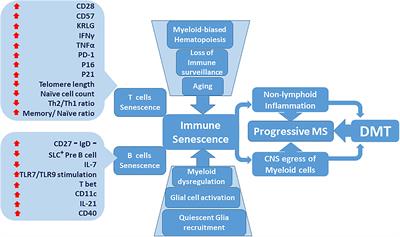
ORIGINAL RESEARCH
Published on 11 Mar 2022
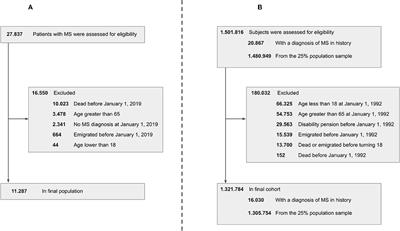
MINI REVIEW
Published on 10 Mar 2022
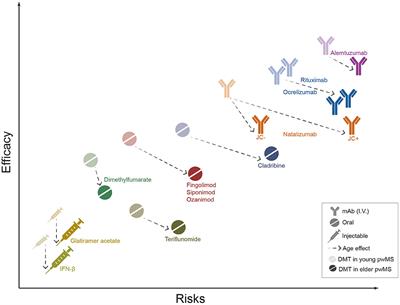
REVIEW
Published on 25 Feb 2022
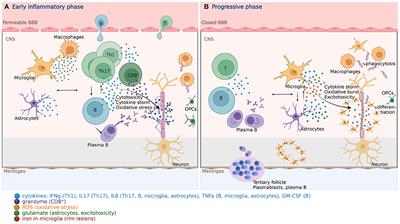
ORIGINAL RESEARCH
Published on 03 Feb 2022
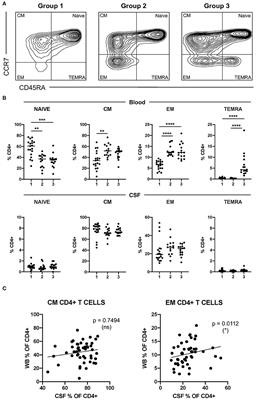
PERSPECTIVE
Published on 25 Jan 2022

ORIGINAL RESEARCH
Published on 13 Jan 2022

ORIGINAL RESEARCH
Published on 24 Dec 2021

ORIGINAL RESEARCH
Published on 15 Dec 2021

REVIEW
Published on 01 Dec 2021

MINI REVIEW
Published on 05 Nov 2021

